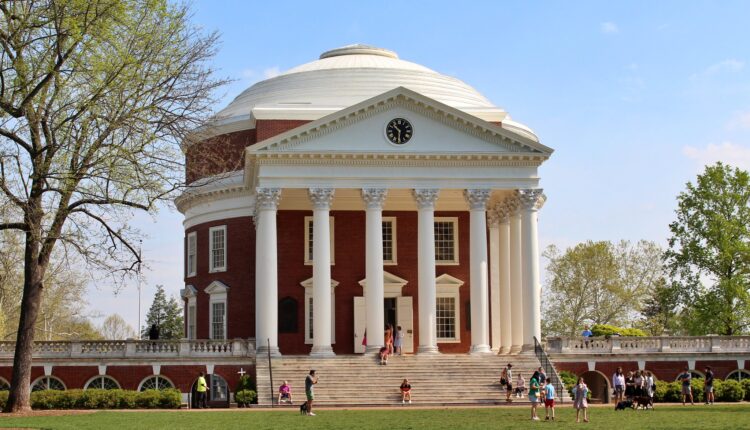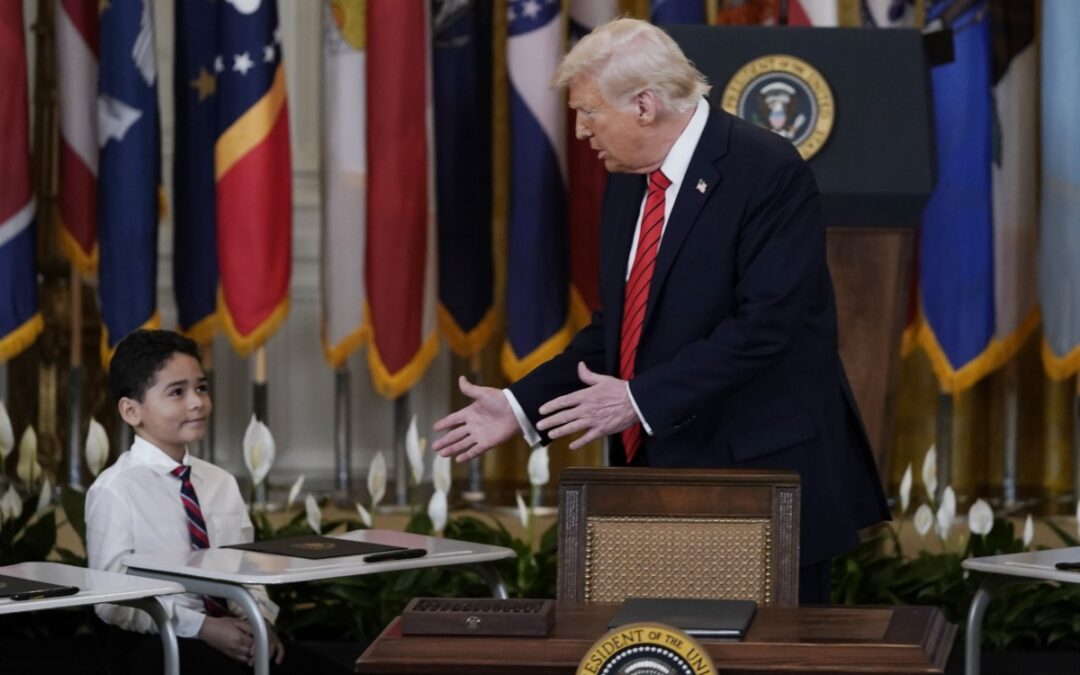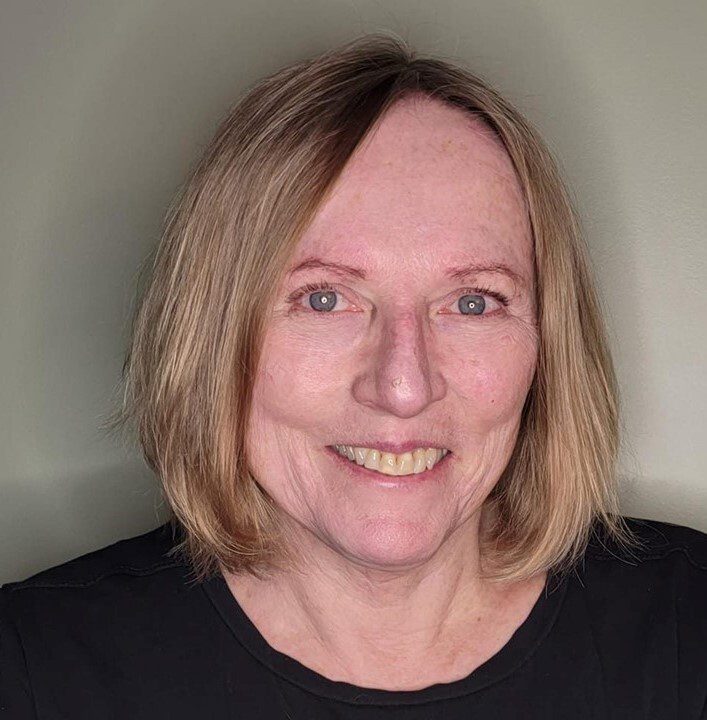
Pupil presenting a project at school. (Shutterstock)
There are drastic changes ahead for public education in the United States, and these changes can impact our K-12 students via radical, severe cuts to public education funding.
The Trump administration and the 119th Congress are working to divest the US Department of Education (ED) of responsibility for K-12 public education and to give federal funding directly to the states, which means public education quality and funding will vary widely from state to state.
Likewise, the Educational Choice for Children Act bills (S.292 and H.R. 833 ) are also detrimental. If they pass in Congress, these bills will provide school vouchers to families by way of a tax shelter that will provide a 100% reduction in tax liability up to $5,000 for parents who pay private school tuition or homeschool their children.
Although not yet federally mandated, 29 states and the District of Columbia currently have private school choice programs. Of those, programs that are available to all students exist in 15 states. These programs include tax-credit scholarships, education savings accounts, vouchers, and tax-credit education savings accounts.
Virginia is one of the few states that has resisted school vouchers (for the most part), but in 2012, then-Governor McDonnell initiated a limited tax credit program for charitable donations to scholarship funds. In 2025, five private school voucher bills were defeated in Virginia’s General Assembly, however, Governor Youngkin has not given up on getting $50 million for School Vouchers in the 2026 budget, currently under consideration.
Of course, if S292 or HR833 passes, all states will have school voucher programs, and public education in the U.S. will be profoundly changed.
Why do we financially support public schools?
We support public schools with our taxes because education is too important to our society to leave it to chance. Public education is a cornerstone of our democracy, and a thriving democracy needs citizens to be educated. In addition to helping children become productive members of our society, public education provides the knowledge and skills to understand civic responsibilities and participate in the democratic process. A healthy democracy needs citizens who are engaged, can make well-informed decisions about their government, and have critical thinking skills so they can actively participate in the democratic process.
Public education is structured to serve everyone regardless of ethnic background, income status, physical or mental abilities, special education or accommodation needs, English language proficiency, or citizenship status. Also, public school buildings and employees tend to serve as anchors in communities.
In contrast, private schools can refuse to admit students and do not have the accountability, transparency, and oversight requirements that public schools have. If public education funds are redirected to private school vouchers, our government will be subsidizing a system that is allowed to discriminate against students.
Private schools are also not required to have licensed teachers, nor are they overseen by school boards with open meetings, unlike public schools. As a result, private school students are more vulnerable to discrimination, severe punishment, suspension, or even expulsion. Also, they are not required to provide special education support.
Funds from federal and state taxes have fueled mostly excellent public education in our country. Nevertheless, there is a misconception that public schools are failing, and this misinformation is being used to justify the need for private school vouchers.
In one of the President’s executive orders, he shared the disinformation that “too many children do not thrive in their assigned, government-run K-12 school,” which precipitated his call for a federal private school voucher program. In fact, voucher programs have resulted in lower academic achievement relative to public schools, while vouchers can actually harm student achievement and result in worse test scores.
Public education is freely available to every and all students. In contrast, vouchers seldom cover the total cost of attending a private school, and vouchers can be used by students already enrolled in private school. For these reasons, vouchers are a greater financial benefit to upper-income families compared to those families that cannot afford to pay the tuition balance.
Rural communities depend heavily on public education and are less able to use school vouchers because those communities are so sparsely populated. Finally, private schools are not required to provide transportation, unlike public schools.
Why is there a push for school vouchers?
The idea of private school vouchers was introduced by Milton Friedman in 1955 to allow children to attend for free the schools chosen by parents, rather than their designated neighborhood public school. Unsurprisingly, this concept coincided with the Brown v. Board of Education decision that mandated the desegregation of public schools. What followed that court decision was Massive Resistance, where many white families refused to send their children to integrated schools. Instead, numerous “segregation academies” were formed so families could send their children to all-white schools.
It was during Massive Resistance that Virginia adopted a school voucher system to help pay the tuition for non-sectarian, segregated, private schools that accepted only white students. School vouchers enabled white families to use public funds for tuition at these segregated, private schools. At the same time, funding for public schools was reduced. It wasn’t until 1965 that it was determined to be against the law to use vouchers from the state’s tuition grant program to fund schools that discriminated based on race.
Currently, some states already have school voucher programs, and some states (including Virginia) have fought against initiating voucher programs: 20 States have tax-credit scholarships, 16 States have education savings accounts, 10 States and the District of Columbia have vouchers, and two states have tax-credit education savings accounts.
If Congress passes S.292 and H.R. 833, all states will have school voucher programs funded with federal tax dollars that would have gone to public schools.
School vouchers remain deeply unpopular with the voting public. Nevertheless, those supporting vouchers want greater religious freedom, increased “patriotism”, less supposed education indoctrination, and other unfounded concerns.
The main objection to an expanded school voucher program is that it will divert billions of dollars away from already underfunded public schools in order to fund private schools.
Fortunately, we have information on what the public thinks about school vouchers. Polls were conducted by All4Ed, a national non-profit advocacy organization committed to expanding equitable educational opportunities. Those polls revealed that most voters, regardless of their age, race, gender, education level, political views, or geographic location in the United States, picked public schools over private schools. Also, more than two-thirds of voters chose to fund public schools over the availability of vouchers. Even the majority of Republicans preferred to spend federal funds on public schools over vouchers. Surprisingly, two-thirds of voters in states that voted overwhelmingly for President Trump picked public school funding over private school vouchers.

University of Virginia joins the ranks of Forbes’ “New Ivies”
Forbes named the University of Virginia a "New Ivy," recognizing it among 20 schools attracting top talent and impressing employers alongside...

UVA earns top spots in 2025 online program rankings
UVA's School of Education ranks 9th in U.S. News' 2025 list for online graduate education, excelling in multiple programs. In an increasingly...

‘Death by a thousand paper cuts’: Elementary school counselor leaves the Virginia Beach School District after 19 years
Lisa Lee, elementary school counselor at Trantwood Elementary in Virginia Beach, explains how emotional burnout and the state’s teacher shortage are...

Federal education cuts could worsen Virginia’s teacher shortage—locals are fighting back
Heather Sipe, president of the Virginia Beach Education Association, talks about ways community members can get involved in the ongoing fight...

Virginia educators, Democrats raise alarm over Trump’s effort to abolish Education Department
“When we have students that are hungry, they don't feel safe, they don't feel protected, it’s going to get very difficult for them to be able to...

Trump’s effort to abolish the Education Department would hurt students with disabilities, families
Virginia already underfunds its schools compared with other states as students here struggle to recover from pandemic learning loss. The Trump...





